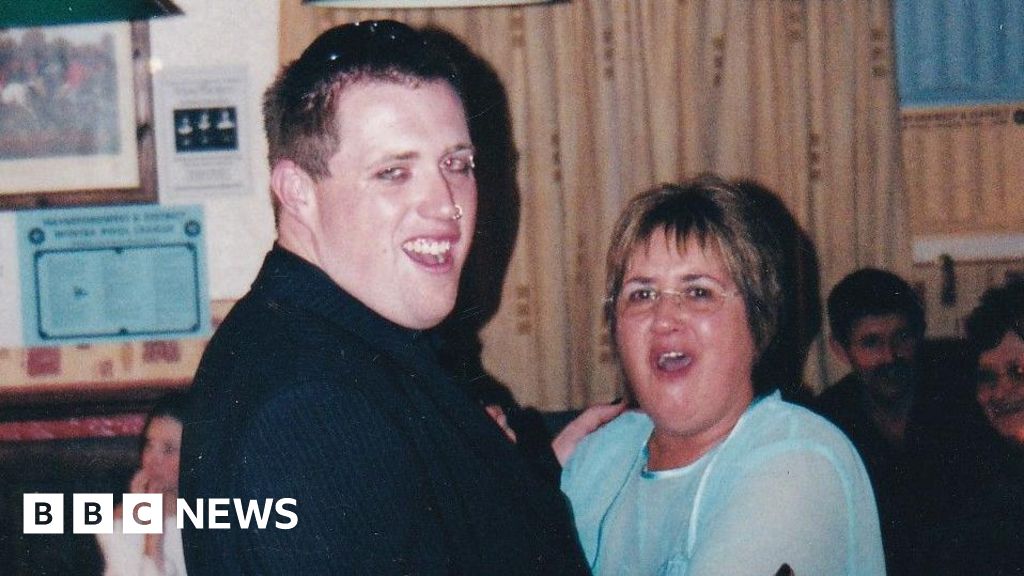Warner Bros. Discovery announced on Monday morning that it was splitting into two separate public companies by the middle of next year, in yet another major upheaval of a media conglomerate as the industry looks to transition from cable subscriptions to streaming.
One company will focus on the HBO Max streaming product and WBD’s film studios, while the other will be a global networks brand that will largely include cable channels such as CNN, TNT and Discovery, as well as some streaming options.
Current Warner Bros. Discovery CEO David Zaslav will oversee the streaming and studios business. Gunnar Wiedenfels, CFO of WBD, will head up the global networks company. Both will remain in their current roles until the separation, which is slated to take place in mid-2026.
“The cultural significance of this great company and the impactful stories it has brought to life for more than a century have touched countless people all over the world. It's a treasured legacy we will proudly continue in this next chapter of our celebrated history,” Zaslav stated in a press release. “By operating as two distinct and optimized companies in the future, we are empowering these iconic brands with the sharper focus and strategic flexibility they need to compete most effectively in today's evolving media landscape.”
“This separation will invigorate each company by enabling them to leverage their strengths and specific financial profiles. This will also allow each company to pursue important investment opportunities and drive shareholder value,” Wiedenfels added. “At Global Networks, we will focus on further identifying innovative ways to work with distribution partners to create value for both linear and streaming viewers globally while maximizing our network assets and driving free cash flow.”

The move is similar in scope and style to Comcast’s announcement last year that it was spinning off the majority of its cable assets into a separate standalone business. That publicly traded company, now known as Versant, comprises NBC Universal’s cable news channels MSNBC and CNBC, along with several other networks. That move sparked speculation that other media giants would also look to consolidate and restructure, especially as cord-cutting continues to hamper the cable business.
The company seemed to hint at the upcoming split late last year when it announced a restructuring plan that would move its linear networks and streaming units into separate divisions. At the time, WBD said the new global linear networks division would be home to its news, sports, scripted and unscripted programming networks, which include TNT, CNN, HGTV, TBS and the Food Network. The streaming and studios division would house HBO Max and the company’s film studios.
Since the Warner Bros. Discovery merger was finalized in 2022, Zaslaz has devoted much of his energy to shedding much of the company’s massive debt load, which has seen him cut $21 billion in the past three years. All of that slashing and cutting, however, has made Zaslav a somewhat unpopular figure among the rank-and-file at the company, especially at networks such as CNN, which have taken on the brunt of Zaslav’s penny-pinching.
He’s also overseen some moves that have led many to question his credibility. There was the embarrassing rebrand of HBO Max to just MAX, which the company finally decided to undo earlier this year. WBD also lost its media rights to the NBA, once the crown jewel of TNT Sports. His accounting methods, which have included shelving already finished films, have resulted in Warner Bros. Discovery alienating much of Hollywood.
Meanwhile, Zaslav and Wiedenfels came under additional scrutiny and criticism earlier this month during the annual shareholders’ meeting. With the share price down for the year at the time of the meeting, shareholders overwhelmingly voted to reject the company’s 2024 executive pay package, which was seen as a direct rebuke of Zaslav’s exorbitant salary north of $50 million a year.
The vote, however, was non-binding, but it sent a clear message to the C-suite.

 8 months ago
14
8 months ago
14









